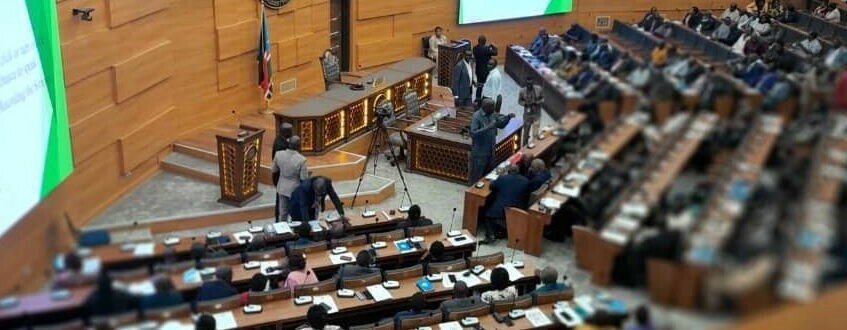The Transitional National Legislative Assembly (TNLA) on Monday adopted resolutions of the 148 assembly of the Inter-Parliamentarian Union (IPU), which was held in March in Geneva.
The IPU is an international organization of national parliaments created to promote democratic governance, accountability, and cooperation among its members.
Tabled in the TNLA by Kwoth Kwoth, head of the South Sudan IPU delegation, the report urged parliaments to press their governments to create international, national, regional and local enabling environments and partnerships to foster innovation.
The resolutions also urged parliaments to press their governments to allocate specific budgetary resources for climate action initiatives.
It also focuses on the implementation of sustainable, zero- and low-emission development strategies, as well as capacity-building, to empower all nations, particularly those facing significant socio-economic challenges.
“The resolution calls for meaningful human control over weapons systems such as drones and for considerations of the ethical, legal and security implications of the systems that function without human control and potentially outside the rules of war and International humanitarian law,” Kwoth added.
Nathaniel Oyet, the 1st deputy speaker of the TNLA, commended the South Sudan delegation for coming with the IPU report. However, he expressed concern that South Sudan may be unable to implement the resolutions as the country is facing financial challenges.
He expressed fears that the resolutions could only end in literature if not actualized.
Last week, Finance Minister Awou Daniel Chuang told parliamentarians that his ministry was struggling with revenue generation because crude oil shipments and sales have been affected by the ongoing war in Sudan.
He said South Sudan currently relies on inadequate revenues collected by the Revenue Authority to cover salaries, but the funds cannot clear civil servants’ salary arrears.




